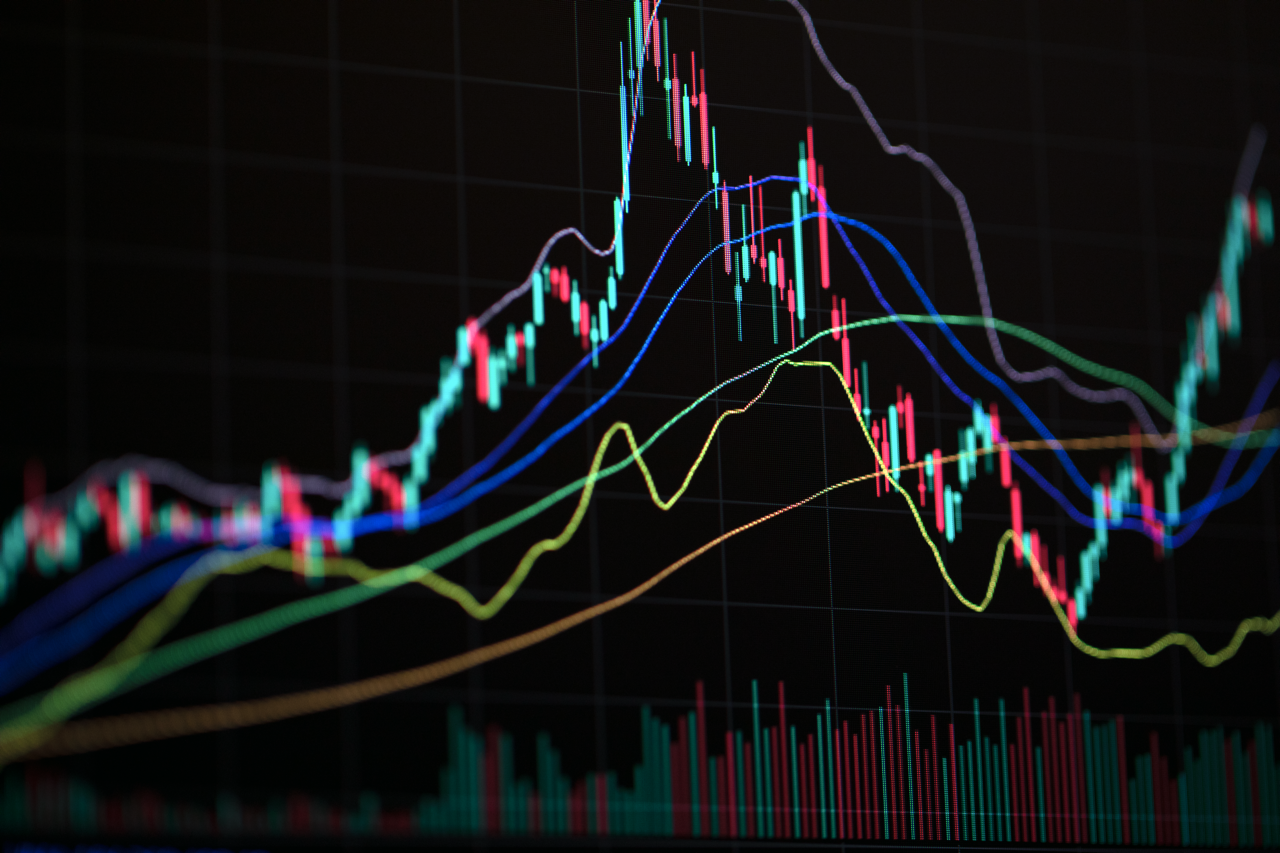Quarterly Investment Review: Q2 2024
Welcome to the Quarterly Investment Review for Q2 2024.
Our Investment team have put together a range of resources to update you on what has happened in the markets across the second quarter of 2024. Here you will find:
- A listed summary of the major events impacting markets
- Videos from our team of investment experts
- A written commentary

Hear from our team:
Elections & Interest Rates
Head of Equity, James Penn, shares his insight into potential interest rate changes as well as elections in the UK, Europe and in the US.
South Africa Elections
Listen for an overview of the recent elections in South Africa.
The next episode of the podcast will see Lerato and Tatenda joined by well-known journalist, author and broadcaster, Mandy Wiener.
Click this link to subscribe and listen to the podcast on your preferred listening platform.
Pop Diva Derailing Bank of England Rate Cut Schedule

Inflation has been at the forefront of macroeconomic events, causing headaches for central bankers worldwide. In addition to the well-known inflation contributors, we have experienced post-pandemic and as a result of the Ukraine-Russia war, a new inflationary phenomenon has emerged. The demand for Taylor Swift’s record-breaking Eras tour has been significantly impacting local economies since its launch this year. Not only does the tour generate substantial revenue, but the increased consumer spending on hotels, restaurants, and flights is driving up prices, entrenching service sector inflation.
Despite inflation hitting the 2% target last month, the Bank of England has been hesitant to start cutting rates. Markets are anticipating the first rate cut in August. However, the spending by concertgoers, combined with the seasonal increase in summer holiday travel, may push service inflation to undesirable levels. The UK leg of the tour, taking place in June and August, is expected to add £1 billion to the British economy.
Taylor Swift is not alone in this impact. Legends like Bruce Springsteen, Sting, and Pink are also contributing to increased consumer spending on services, extending this inflationary pressure to the Eurozone and affecting the European Central Bank as well.
Interestingly, Taylor Swift has left a lasting legacy by adding terms like "Swiftflation" and "Swiftonomics" to the economic dictionary.
Q2 Commentary:
Summary & Outlook - Q2 2024:
Global equity markets had another strong quarter, solidifying their one-year performance rebound. Key drivers of this positive trend included the continuation of the disinflation narrative, central banks beginning to cut interest rates, sustained earnings strength, and increasing positive sentiment surrounding Artificial Intelligence (AI). This was particularly notable in the United States, where the "Magnificent 7" further reinforced their dominant market positions.
In the second quarter of 2024, total equity market returns remained positive. The Nasdaq was the best-performing index, achieving an 8.5% return, followed by the S&P 500 with a 4.3% return in local currency terms, while the main UK index returned 3.7%. In contrast, Europe retreated by -1.6% largely due to political uncertainty in France. Rising pressures from the far-right National Rally party led by Marine Le Pen forced French President Emmanuel Macron to call a snap election causing France’s CAC 40 index to fall by -6.6%.

Large-cap stocks continued to rally, especially in the US technology and communications sectors, which are major benefactors of AI optimism. Nvidia briefly overtook Apple and Microsoft to become the most valuable company in the world, with an estimated value of $3.3 trillion. However, valuation ratios such as the Price to Earnings ratio have expanded in the US to 28.5x, compared to the long-term average of 24x, leading some market commentators to view the US market as potentially overvalued.
Political uncertainty was abundant during the quarter. Snap elections were called in both the United Kingdom and France, while in the United States, the first televised election debate resulted in a notable swing toward Donald Trump. Concerns were raised over Joe Biden’s performance, which was perceived as incoherent and rambling. Additionally, Donald Trump became the first former US President in history to be convicted of felony charges, receiving 34 counts of falsifying business records.

Fixed income markets came under further pressure as expectations around the commencement of interest rate cuts were again called into question, particularly in the US, due to continued economic strength. The European Union initiated its first interest rate cut of 0.25%, with expectations of an additional cut before year-end. The UK did not cut interest rates in the June meeting, despite increasing calls to do so. The expectation is now for the Bank of England to make its first interest rate cut in August, with another cut anticipated before year-end. Global government bond yields have been volatile, as the bond market attempts to forecast the forward interest rate path amid uncertainty around inflation data and central bank rhetoric, which fluctuates between dovish and hawkish tones.
The market’s digestion of both inflation data and the resulting central bank response continued to be a major focus of macroeconomic analysis. At the end of the quarter, major developed market inflation rates for the US, EU, and UK were 3.3%, 2.6%, and 2.0%, respectively. There is less reason for the US to cut interest rates compared to the EU and UK, largely due to differing economic situations. In May, the UK economy emerged from a technical recession, posting a GDP increase of 0.6%. The UK also achieved its target rate of inflation during the quarter, becoming the first major developed economy to do so.

In commodity markets, gold experienced gains, finishing the quarter up 4.3% at $2,326. Gold remains a safe-haven asset, offering diversification against inflation, geopolitical uncertainty, and potential market overvaluation. Meanwhile, oil retreated by -1.2%, ending the quarter at $86.4.
The second quarter presented fertile ground for growth, as markets largely benefited from a resilient macroeconomic backdrop despite increasing bouts of geopolitical volatility. AI continues to evolve into a major megatrend that could facilitate further sustainable long-term economic growth. The central bank environment remains supportive, and we expect the UK to follow the EU and begin the rate cut cycle in the coming quarter. This quarter highlighted the importance of maintaining a diversified asset approach in line with our long-term performance targets. We also remain mindful of short-term risks and opportunities, especially with the election risk looming in the second half of the year.
Disclaimer: The views, thoughts and opinions expressed within the article / video are those of the author / speaker(s) and not those of any company within the Capital International Group (CIG) and as such are neither given nor endorsed by CIG. Information in this article does not constitute investment advice or an offer or an invitation by or on behalf of any company within the Capital International Group of companies to buy or sell any product or security or to make a bank deposit. Any reference to past performance is not necessarily a guide to the future. The value of investments may go down as well as up and may be adversely affected by currency fluctuations. CIG, its clients and officers may have a position in, or engage in transactions in any of the investments mentioned. Opinions constitute views as at the date of publication and are subject to change.
Regulated investment activities are carried out on behalf of Capital International Group by its licensed member companies. Capital International Limited and Capital Financial Markets Limited are licensed by the Isle of Man Financial Services Authority. Capital International Limited is a member of the London Stock Exchange. CILSA Investments (Pty) Ltd (FSP No. 44894), trading as Capital International SA, is licenced by the Financial Sector Conduct Authority in South Africa. All subsidiary companies across both jurisdictions are represented under the Capital International Group brand.



.avif)










